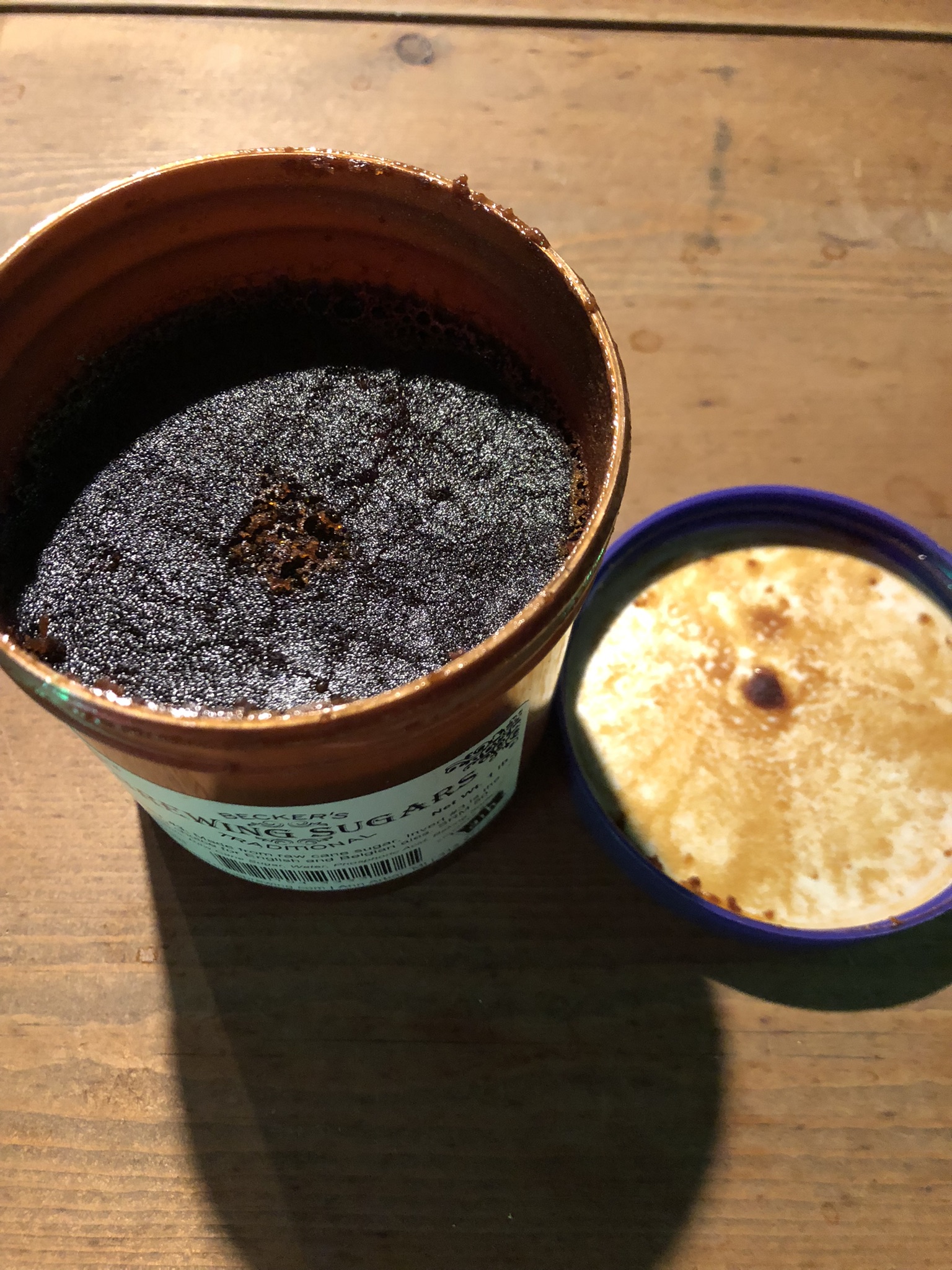Late to the cricket ground here due to a sticky wicket getting my knickers in a twist. I have brewed this a few times and love it. The GNO's give it a slightly silky mouthfeel which balances the dry/bitter aspects of the beer so it isn't harsh, and the head almost looks like a nitro pour.
British Golden Ale
46.3% Great West High Color Pale
46.3% Crisp Maris Otter
4.6% Golden Naked Oats
2.8% Victory
Mashed at 152* for 2 hrs (
Errands: I was out of Earl Grey and blood pudding...sue me)
Hops are a mix of Warrior, Cascade and EKG. See the link
WLP007 pitched and fermented at 60* for a few days then finished out at laundry (room) temp.
1.051 - 1.008
Kegged with dextrose solution for natural carb for a week or so, then chilled to serving temp.
https://www.brewersfriend.com/homebrew/recipe/view/1138994/-2021-04-08-british-golden


















































![Craft A Brew - Safale S-04 Dry Yeast - Fermentis - English Ale Dry Yeast - For English and American Ales and Hard Apple Ciders - Ingredients for Home Brewing - Beer Making Supplies - [1 Pack]](https://m.media-amazon.com/images/I/41fVGNh6JfL._SL500_.jpg)









